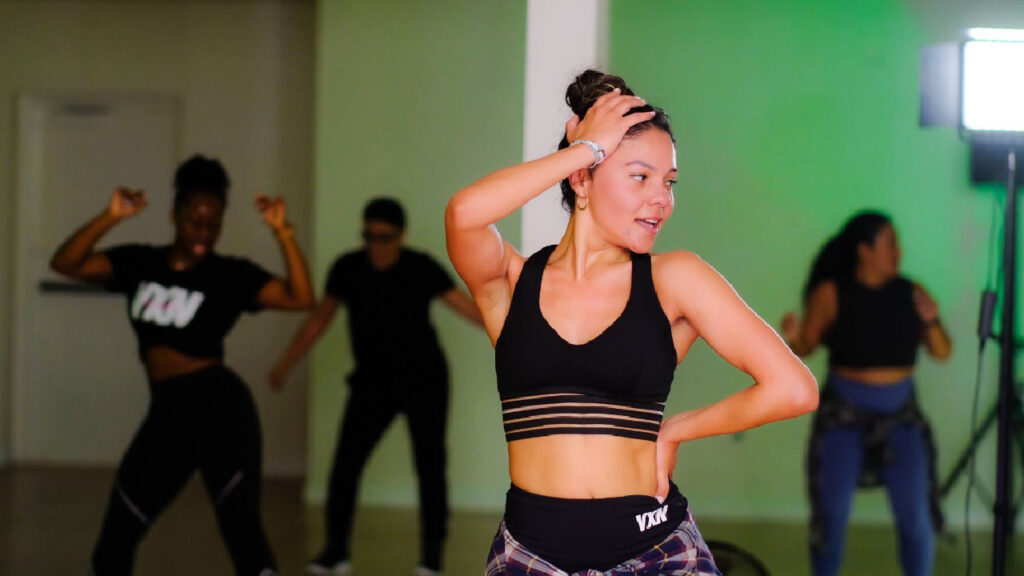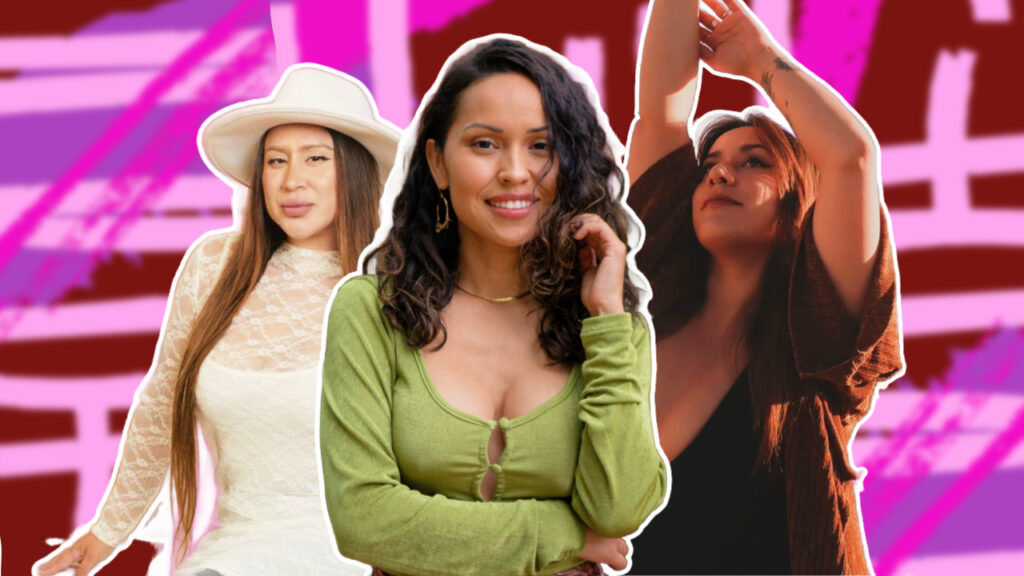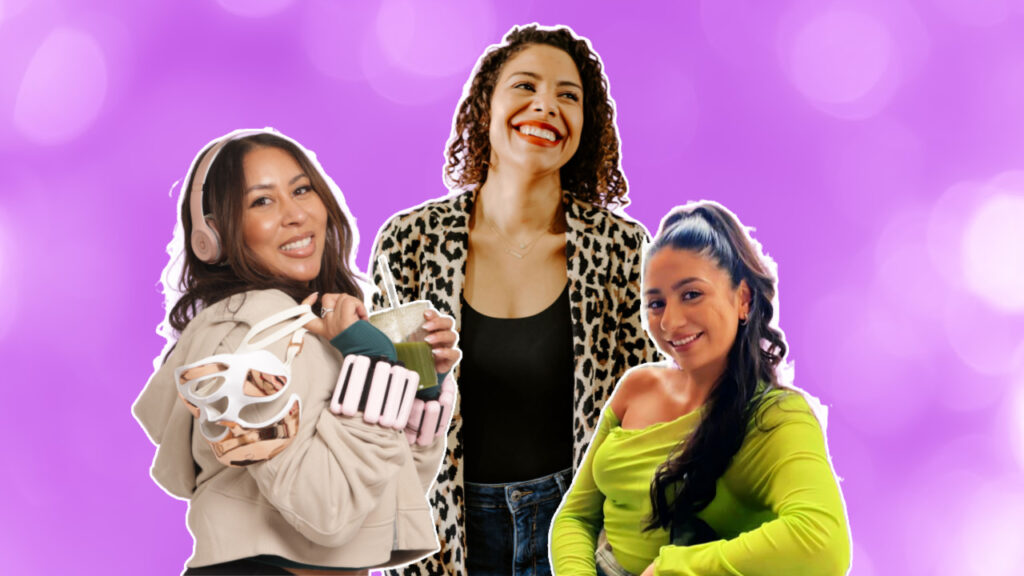
Reggaeton and Mental Health: Why ‘Perrear’ Might Be Your Best Self-Care, According to Science
If perrear has been your go-to stress relief after a bad day, science says you are onto something. New research confirms what many of us knew instinctively: dancing, especially to reggaeton, is not just fun, it is therapy. Recent studies show that dancing can be even more effective at treating depression symptoms than prescription medications like SSRIs. And yes, perreo counts.
Dancing Beats Depression: What the New Study Found About Reggaeton and Mental Health
A massive meta-analysis published by Australian researchers earlier this year, as reported by The Independent, looked at 218 studies with over 14,000 participants. Their goal? To find out what type of exercise best supports mental health, specifically for people struggling with major depressive disorder.
The winner, by far, was dancing.
According to the researchers, dancing, compared to walking, jogging, yoga, tai chi, and even strength training, significantly reduced depression symptoms. It outperformed traditional treatments like cognitive behavioral therapy and even antidepressants.
Moreover, while the study did not specify genres, Latino beats like reggaeton fit perfectly into the type of rhythmic, high-energy dance that scientists say boosts mental health the most.
Why Reggaeton and Mental Health Go Hand in Hand, According to Experts
According to Psych Central, dancing—moving your body rhythmically to music—releases neurotransmitters like dopamine and serotonin. These are the same “feel-good” chemicals that many antidepressants aim to regulate.
Dancing also:
- Interrupts rumination (those endless, distressing thoughts)
- Increases mindfulness
- Boosts self-esteem
- Enhances social connection when done in groups
As Greater Good Magazine reports, Caribbean music styles like reggaeton, salsa, and soca have a unique impact on physical and mental health. They promote emotional release, community bonding, and cognitive focus while giving you a full-body cardio workout disguised as fun.
A New Study Confirms Dance Therapy Works for Teens, Too
Another study published in February 2024 from Istanbul University Cerrahpaşa and other Turkish universities found that a 12-week Zumba dance program helped high school students who stayed in dormitories significantly decrease their fear of happiness and increase their life satisfaction.
After just a few weeks of dancing to upbeat Latino beats (yes, including reggaeton), students reported higher levels of emotional resilience, more joy, and lower rates of negative thinking.
Researchers concluded that movement-based group activities like dance are not just good for fitness — they are critical tools for mental health intervention, especially for young people facing stress, loneliness, and depression.
“Perreo Is Therapy”: Why Latino Creators Are Leading the Way
Latino creators have been shouting this truth on TikTok and beyond. As influencer Robby Arroyo Smith told mitú Daily, reggaeton has been a personal therapy tool for him since childhood.
“Growing up in Puerto Rico, that’s all I listened to,” Arroyo Smith said. “There’s something about putting your headphones on, dancing alone in your room, and just letting go. It helps you realize, ‘Hey, this thing that’s stressing me out? It’s not that serious.”
He added, “We take ourselves too seriously sometimes. You gotta let loose.”
And “letting loose” is exactly what dance therapy encourages: reconnecting with your body, moving through emotions physically, and finding catharsis in rhythm and sweat.
Dancing to Reggaeton Is More Than Fun — It’s Healing
If you’ve ever felt lighter after a night of dancing to Bad Bunny or Karol G, there’s real science behind it. Furthermore, Latin music, specifically genres like reggaeton, triggers endorphin release, strengthens social bonds, and offers a powerful form of “rhythm therapy.”
Whether you’re dancing alone in your room, at a party, or in a Zumba class, moving your body to reggaeton rhythms might be one of the most accessible, joyful ways to care for your mental health.
Next time someone says, “perreo is just partying,” you can smile and tell them it’s backed by science.
Because sometimes, the best therapy session starts with “Debí Tirar Más Fotos” blasting through the speakers.




